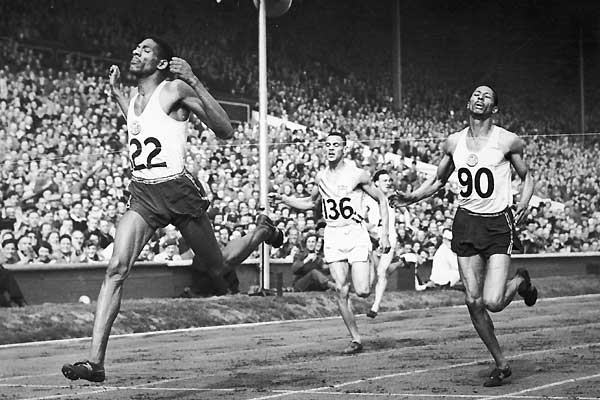Never before or since has a musician so embodied the hopes and inspirations of—and been so closely identified with the identity of—an entire nation as Bob Marley has for Jamaica. Recording his first two singles the same year the country received its independence from England in 1962, Marley’s start in the music business coincided with the birth of ska. Though the Wailers’ late-60s recordings with Lee “Scratch” Perry are among reggae’s most seminal artifacts, Marley’s time wouldn’t truly come until more than a decade later, with the release of Catch a Fire, the last album with the original Wailers core of Bob, Peter Tosh and Bunny Wailer, and Marley’s first with Island Records catapulted him to international renown, though the acclaim he received in his lifetime pales in comparison to the reverence his name and music inspires today. More than 30 years after his death, he remains one of the best-selling artists in the world, and one of, if not, the most influential. And of course, a big huge honorable mention goes out to Bob’s cohorts in the revolution, Bunny Livingston and Peter Tosh, not to mention the I-Three: Rita Marley, Marcia Griffiths and Judy Mowatt, and Bob and the Wailers’ highly influential longtime bassist, Aston “Family Man” Barrett. —Jesse Serwer
Toppa Top 50: Fifty Great Jamaicans
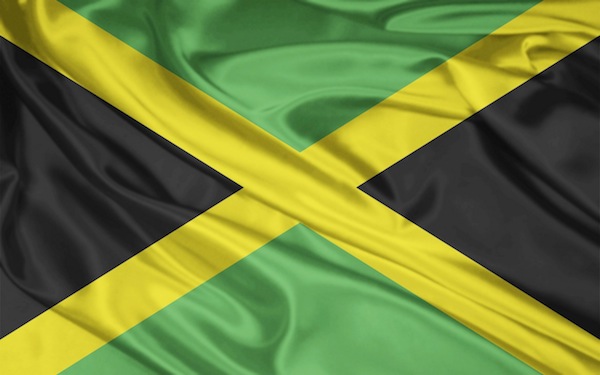 1
1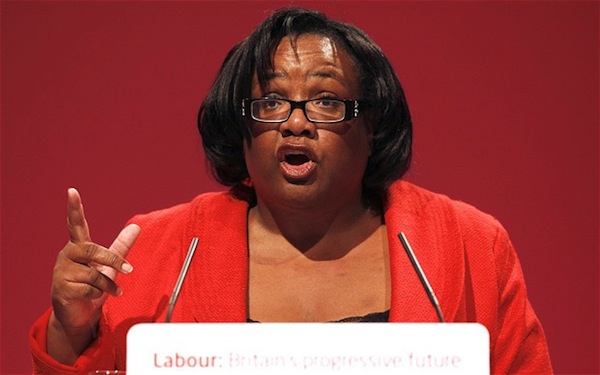 2
2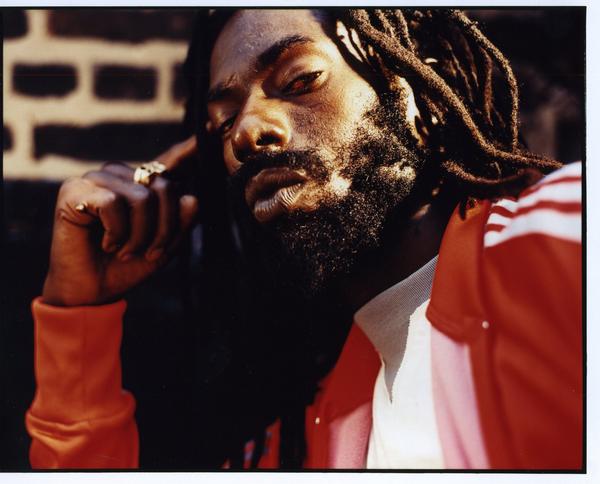 3
3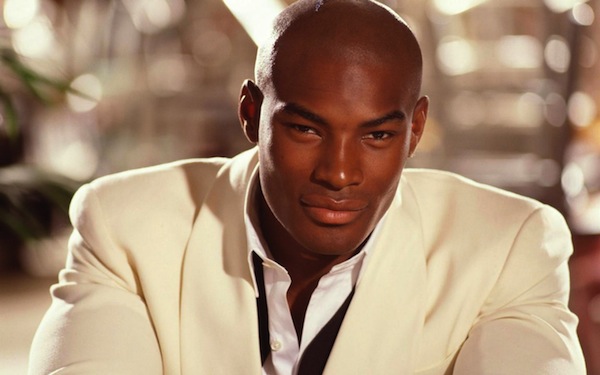 4
4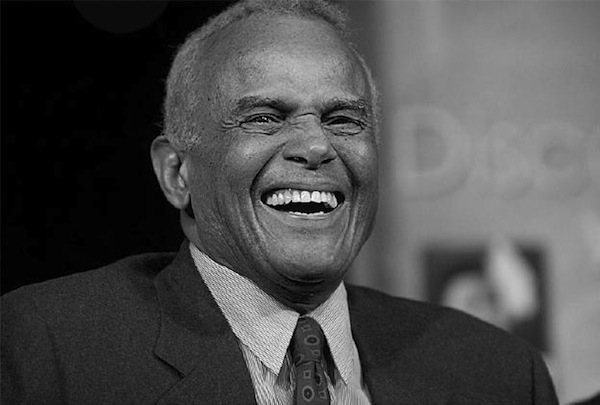 5
5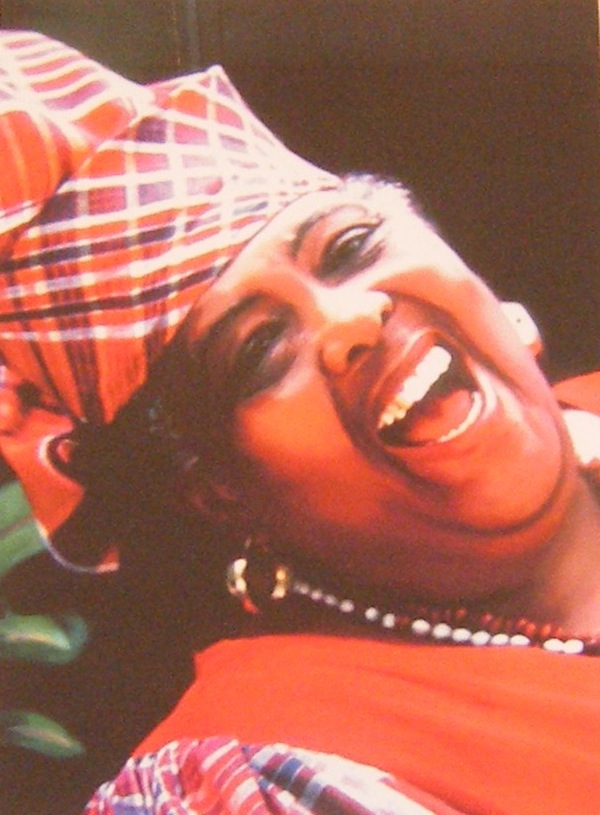 6
6 7
7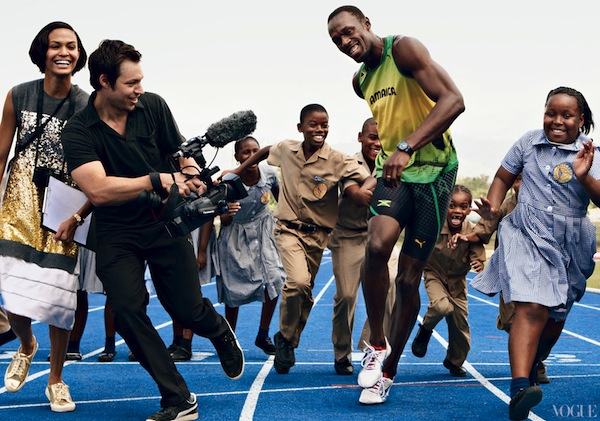 8
8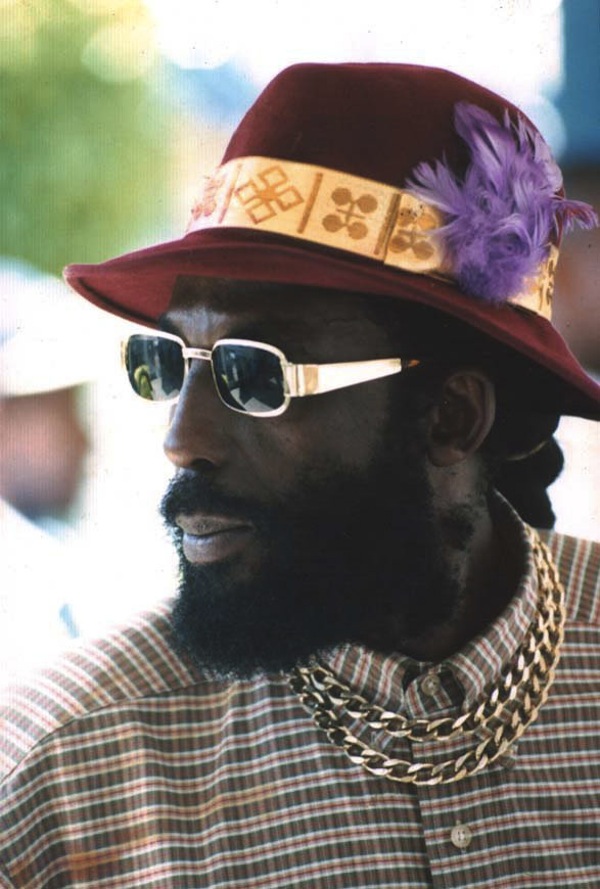 9
9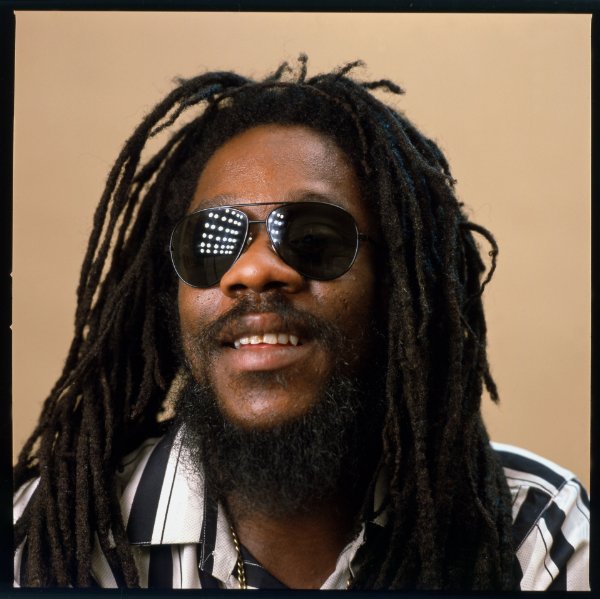 10
10 11
11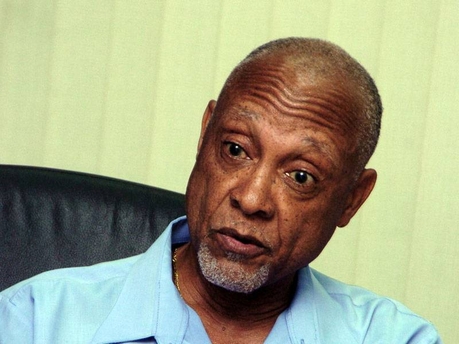 12
12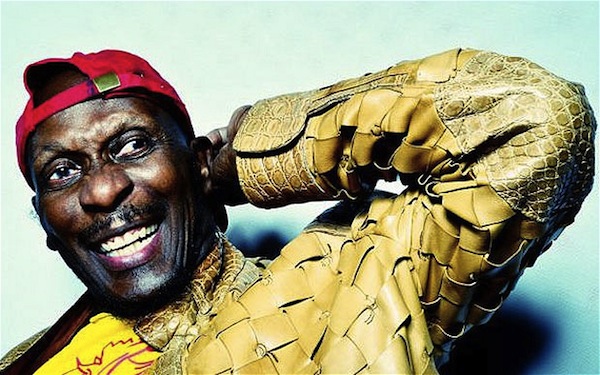 13
13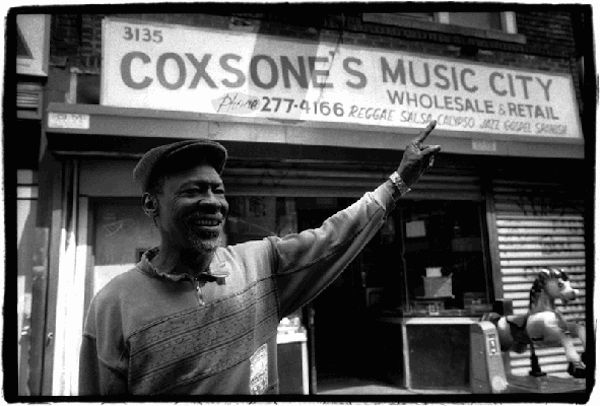 14/15
14/15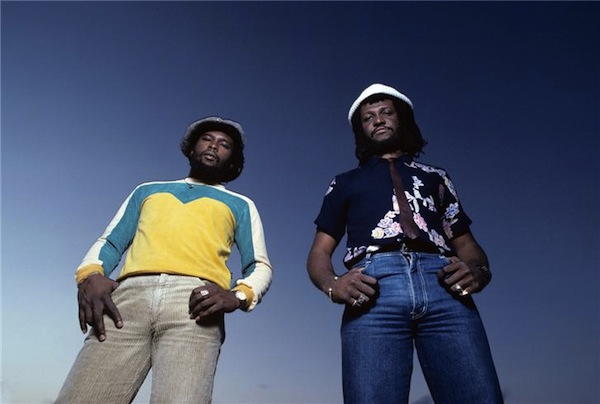 16
16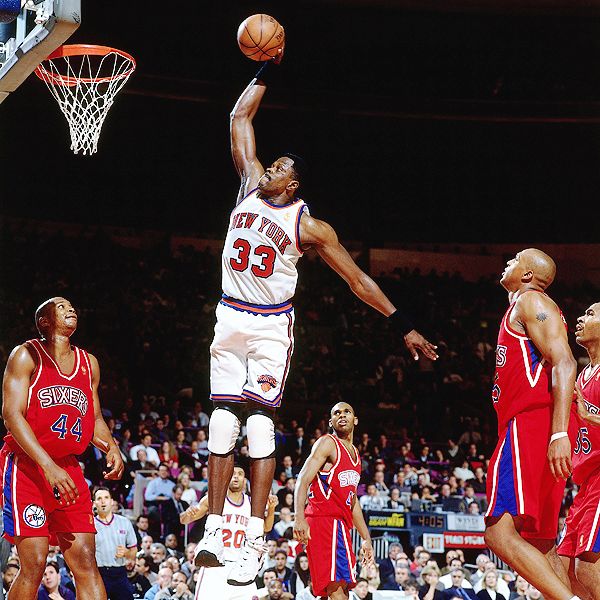 17
17 18
18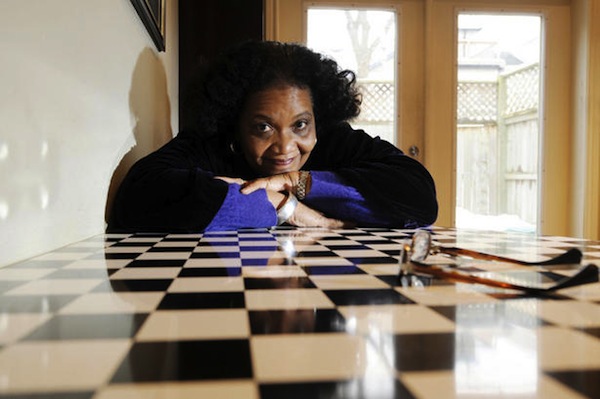 19
19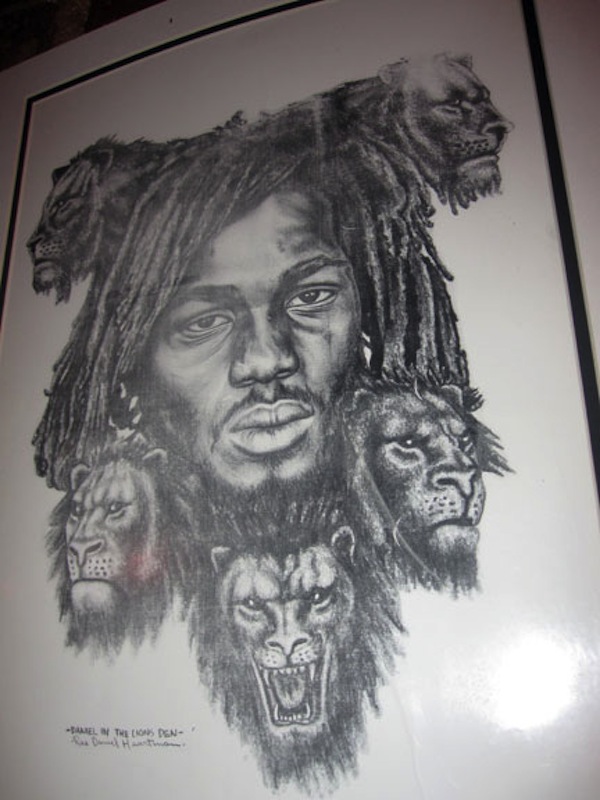 20
20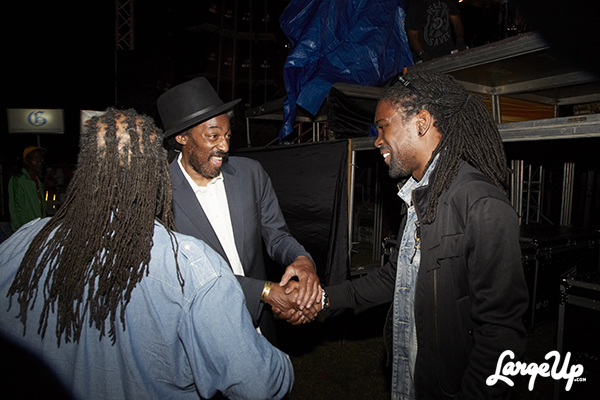 21
21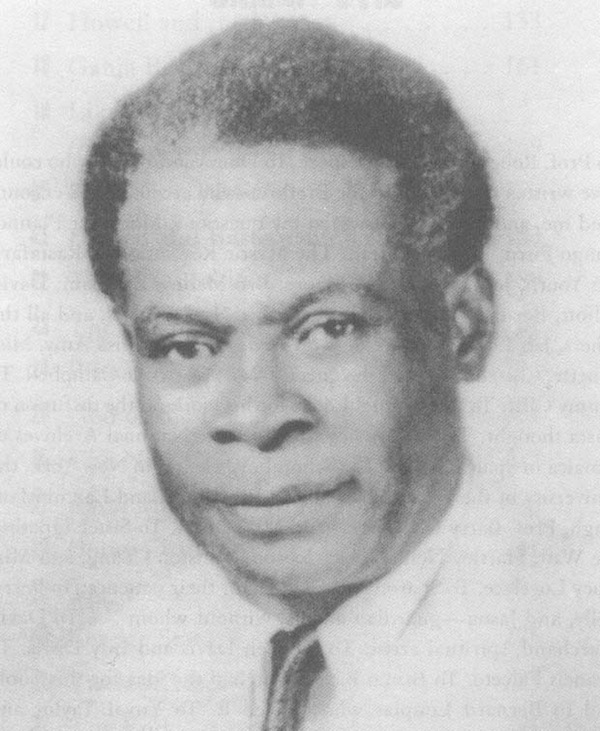 22
22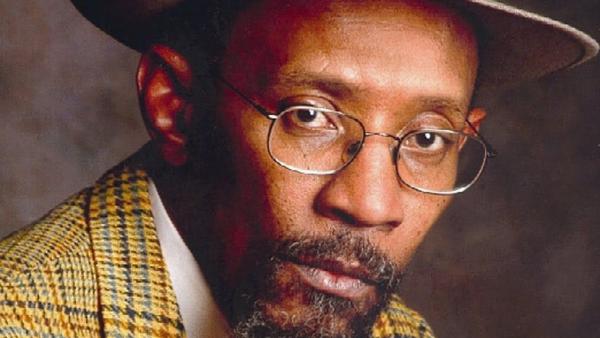 23
23 24
24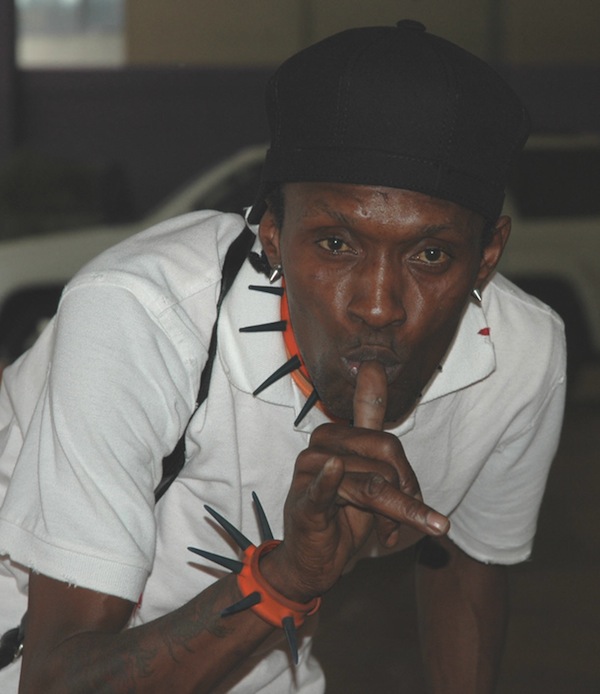 25
25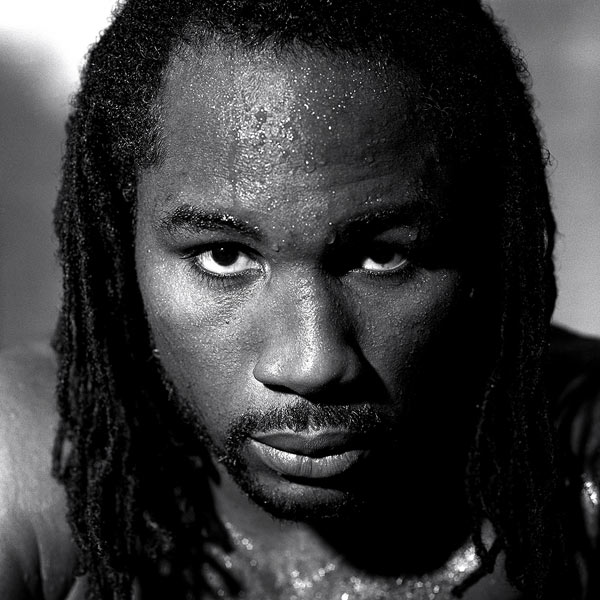 26/27
26/27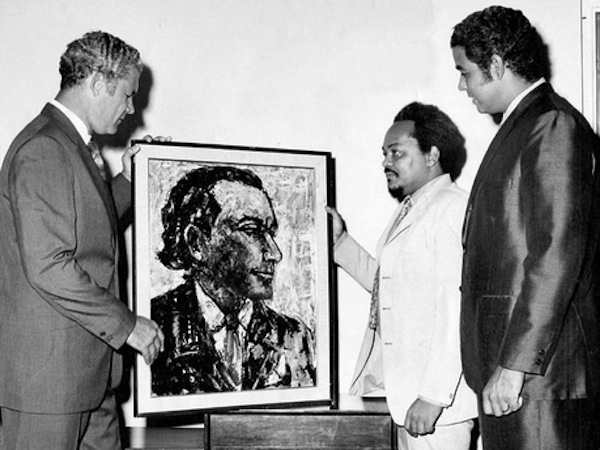 28
28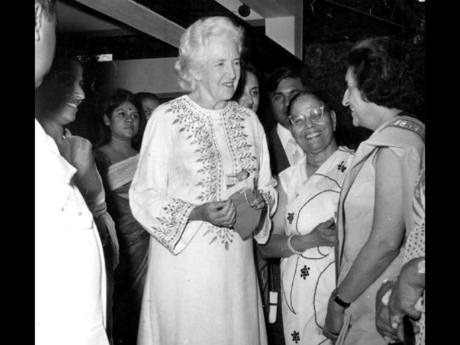 29
29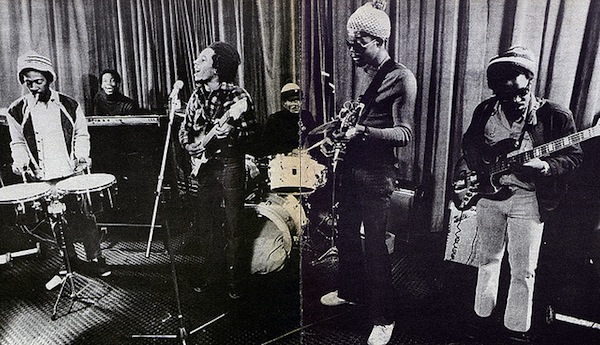 30
30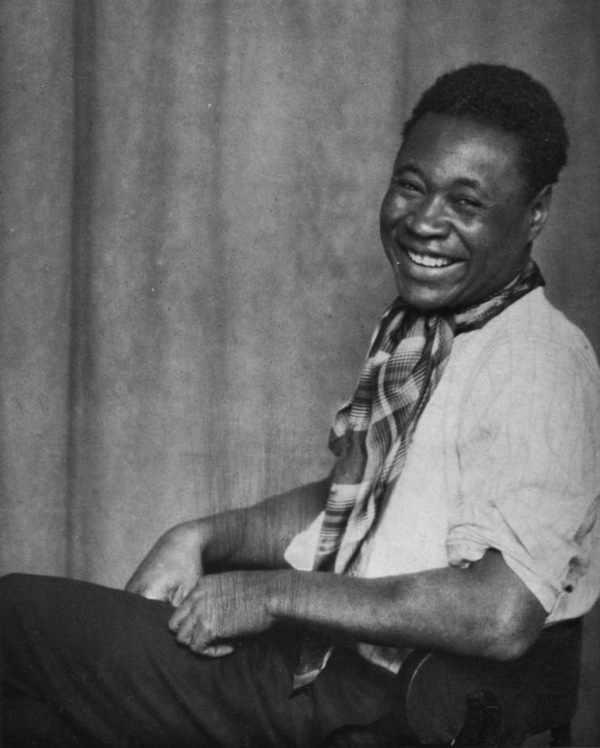 31
31 32
32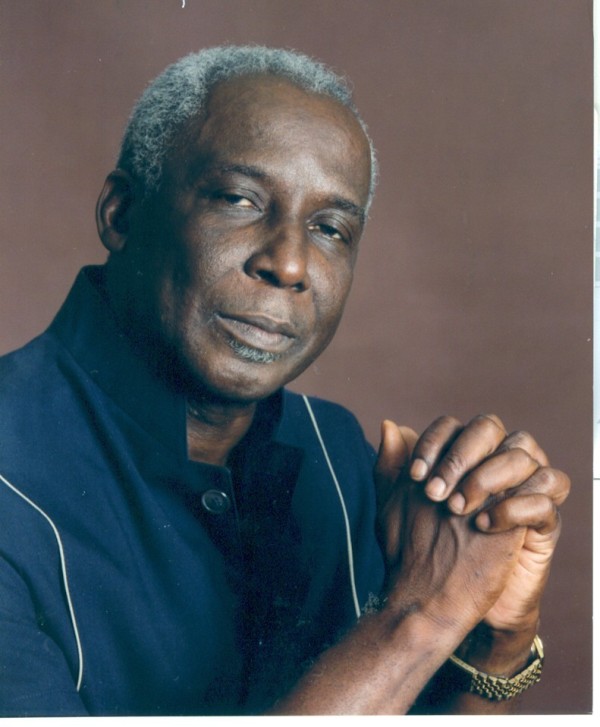 33
33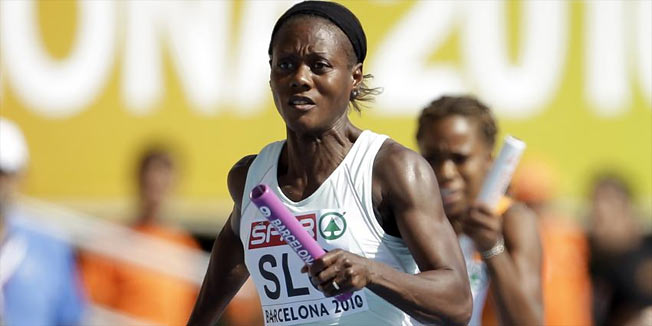 34
34 35
35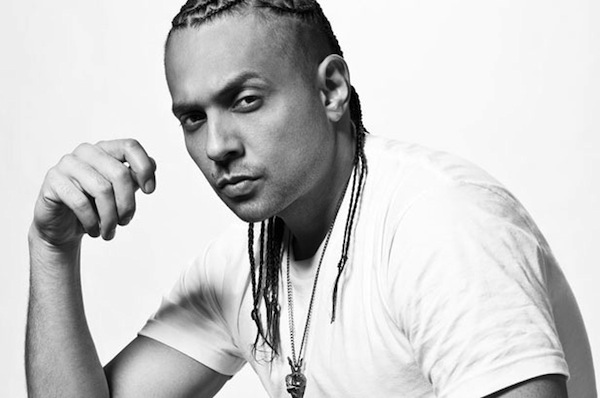 36
36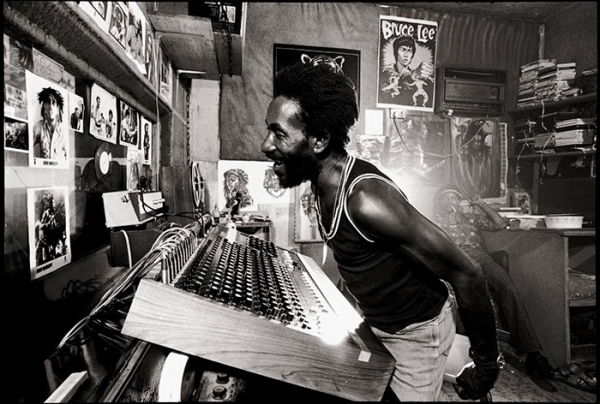 37
37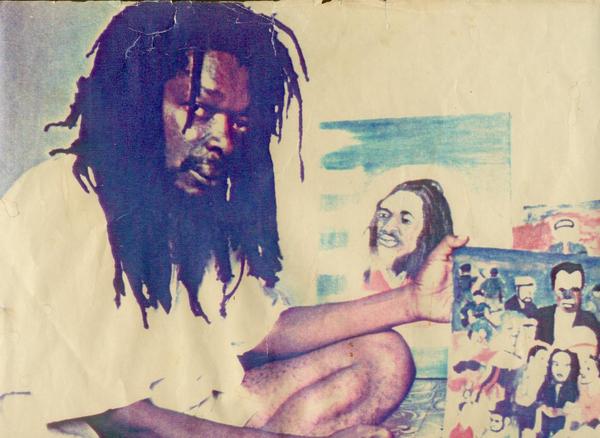 38
38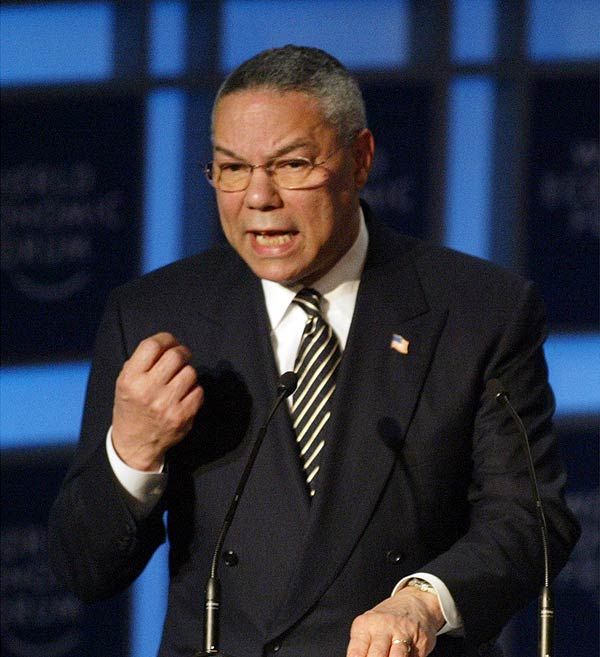 39
39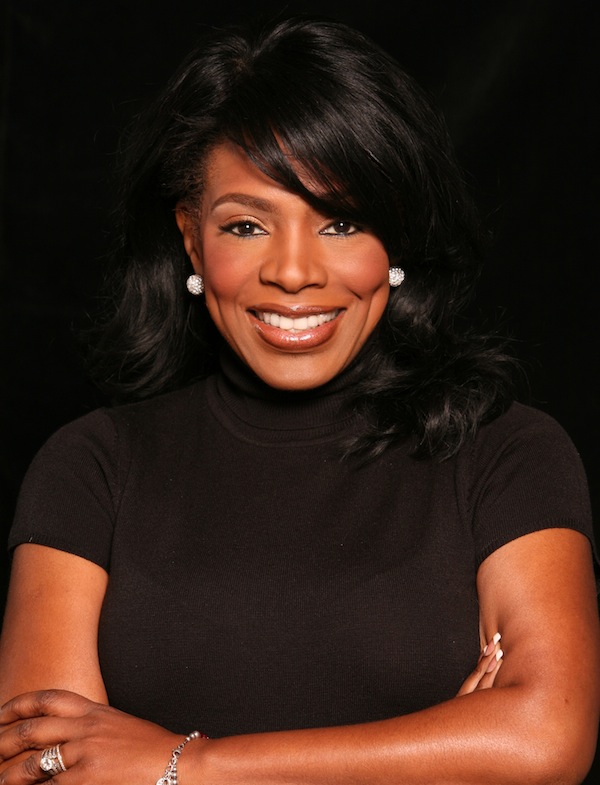 40
40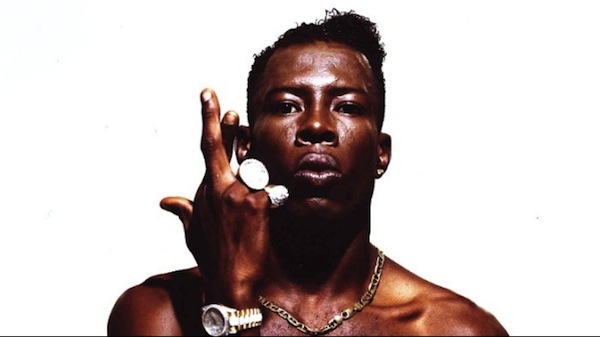 41
41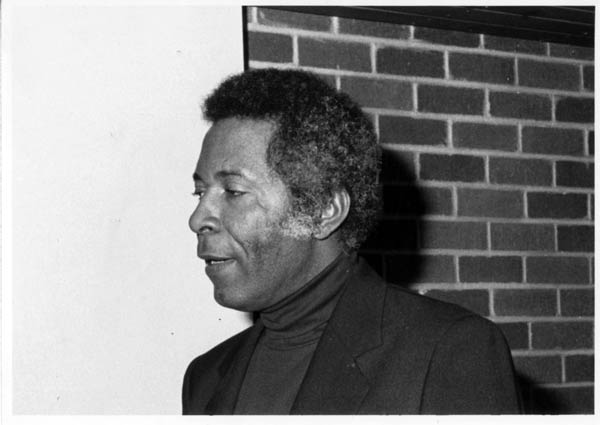 42
42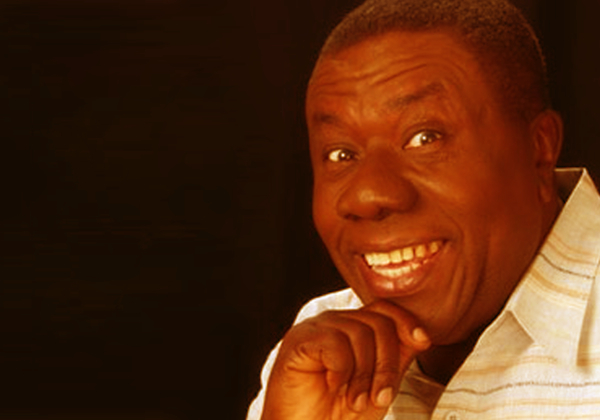 43
43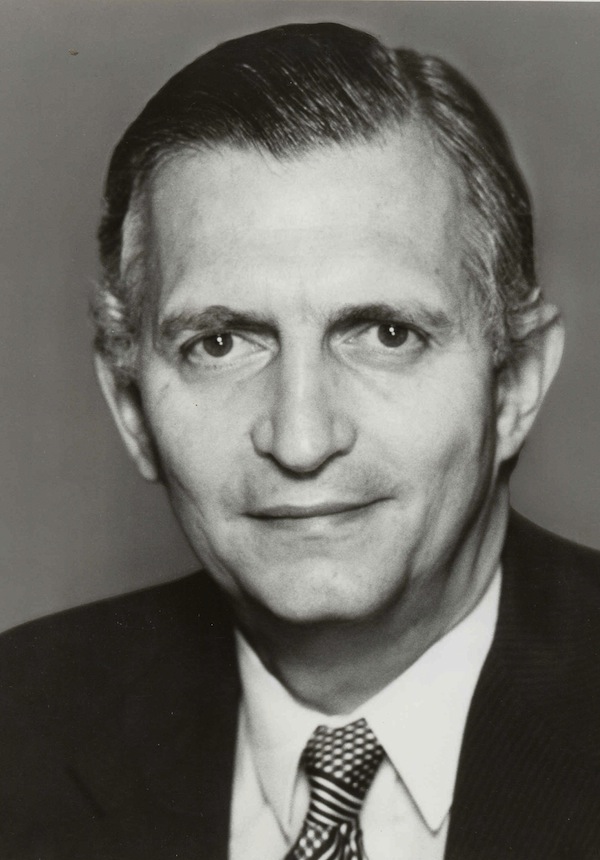 44
44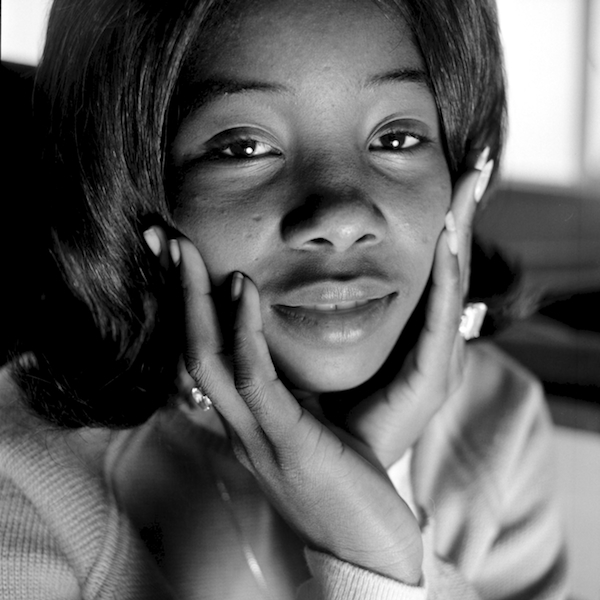 45
45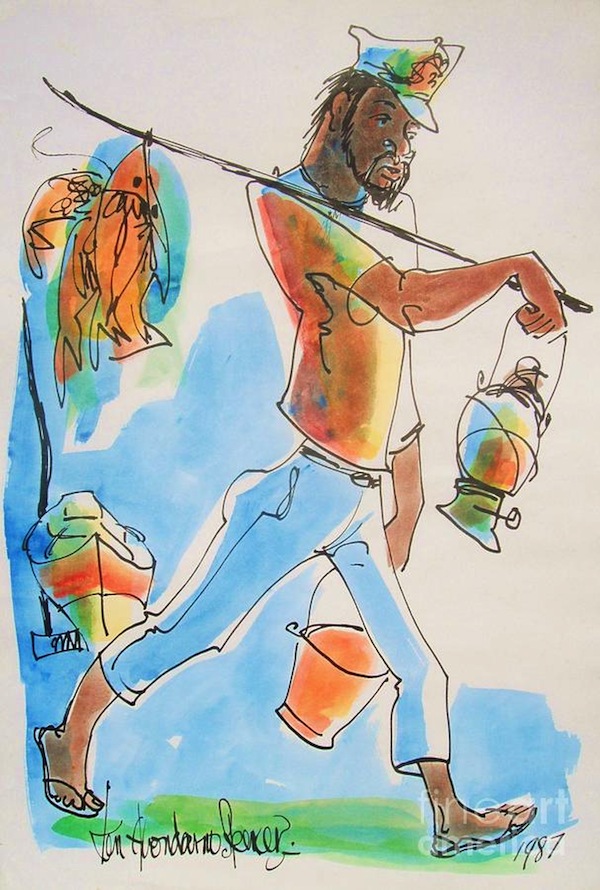 46
46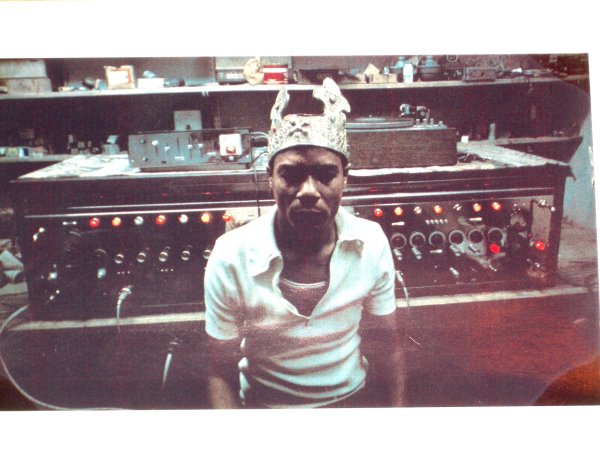 47
47 48
48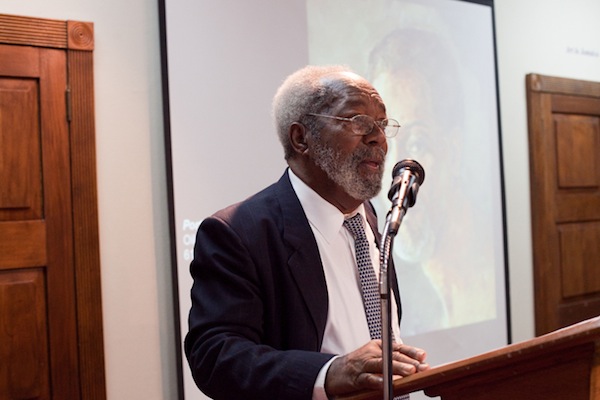 49/50
49/50